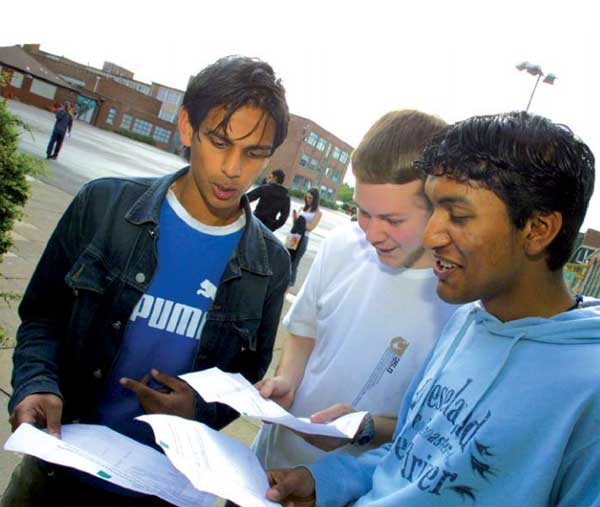
Amid confusion over the worth of new qualifications, could the International Baccalaureate offer young people the best preparation for life? Malcolm Kay is convinced that it can.
One of the most challenging questions facing any educator today is ‘Are we doing enough to prepare young people for a future that has never been less certain?’ We live in a world where the amount of new technical information is doubling every two years. Half of what students learn in their first year of a technical degree will be out of date by the time they reach their third year. The ability to work in a global economy will be crucial to their earning potential, as will working faster and more collaboratively. With increased and instant access to information, it will be how that information is processed, interpreted and used that matters. In the meantime, employers continue to bemoan a lack of ‘work-readiness’ in young people.
Against this rapidly changing and highly challenging backdrop, what we teach, how we assess the learning and how relevant it is to life beyond school and a global marketplace are fundamental issues for our qualifications and exam system. There is no doubt that it needs to move with the times, nor that the growing diversity of qualifications is to be welcomed. The fip side of this diversity is the confusion and lack of communication surrounding them.
A-levels have traditionally been the route into higher education, but as the qualification continues to attract criticism, schools and colleges are increasingly considering new and existing alternatives such as the International Baccalaureate (IB).
Pathways to Higher Education, the annual survey conducted by ACS International Schools, explores and compares the qualities, pros and cons of all the alternatives through the eyes of those who know more than most about assessing the outputs: university and college admissions officers. Specifically, the survey aims to assess the IB against other sixth form exam systems.